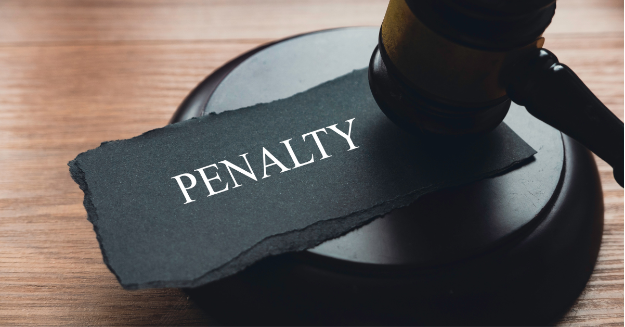Factors to Consider When Choosing Between Full Coverage and Liability Insurance

When deciding between full coverage and liability insurance for your vehicle, especially in Nevada, several factors should be considered to ensure you choose the better option for your needs.
Value of Your Vehicle
Full coverage insurance is often recommended if you have a new car or a vehicle with significant value. This type of policy protects your investment in your vehicle, not just from accidents but also from other unforeseen events that could cause damage. Conversely, if you drive an older vehicle with low replacement value, you might opt for liability coverage alone, as the cost of full coverage could outweigh the value of the car itself.
Financial Security
Full coverage provides a higher level of financial security. In the event of an accident, having collision and comprehensive coverage means you’re less likely to pay significant repair costs out of your own pocket. This can be particularly important if the other driver is at fault but lacks adequate insurance.
Risk Assessment
Your personal driving history and the driving environment in areas like Las Vegas should influence your insurance choices. High-traffic locations increase the risk of accidents, potentially justifying the higher cost of full coverage. Additionally, consider your own driving habits. More cautious drivers who rarely have accidents may opt for minimum liability coverage, while those with less predictable patterns might prefer the additional security of full coverage.
Insurance Costs
Cost is a major factor in choosing between liability and full coverage. Premiums for full coverage are higher due to the extensive protection offered. However, comparing quotes from different insurers can help you find a balance between cost and coverage, ensuring you are not financially overextended in case of an accident.
Legal Requirements and Penalties
Driving without at least liability insurance can lead to severe penalties, including fines and possible suspension of your driver’s license. Ensure you meet at least the minimum legal requirements. Remember, the DMV office will require proof of insurance, typically your insurance card, if you’re involved in an accident or stopped for a traffic violation.
Penalties for Driving Without Adequate Insurance in Nevada
In Nevada, driving without adequate insurance can result in penalties. If you’re caught without insurance, the consequence depends on whether it’s your first, second, or subsequent offense.
- First Offense: There is no fine for a lapse of 1-30 days, but your driving privileges will be suspended until you provide proof of insurance. For lapses longer than that, fines range from $250 to $1,000, depending on the length of the lapse, and you may need to file an SR-22 form, which must be maintained for three years.
- Second Offense: If you commit a second offense within five years, fines can range from $500 to $1,000, and the reinstatement fee increases to $500. Additionally, an SR-22 filing is required for lapses over 90 days.
- Third and Subsequent Offenses: These are treated even more severely, with fines up to $1,000 and higher reinstatement fees of $750. Your license can also be suspended for 30 days or more, and an SR-22 filing becomes mandatory.
Specifically, the minimum penalty for first-time offenders is a $600 fine and a 30-day driver’s license suspension. The consequences escalate with repeat offenses within five years, leading to increased fines and extended suspension periods.

Your Insurance Options with Legal Guidance in Nevada
Choosing the right car insurance is essential in Nevada, where the choice between full coverage and liability insurance depends on your specific needs and risk exposure. If you need help deciding on the insurance policy, consider consulting Temple Injury Law. As experienced personal injury lawyers in Las Vegas, they can provide tailored advice for your situation.
Schedule a consultation with us to help you understand your options and ensure you are adequately insured, whether you choose full coverage or the minimum required liability coverage.

